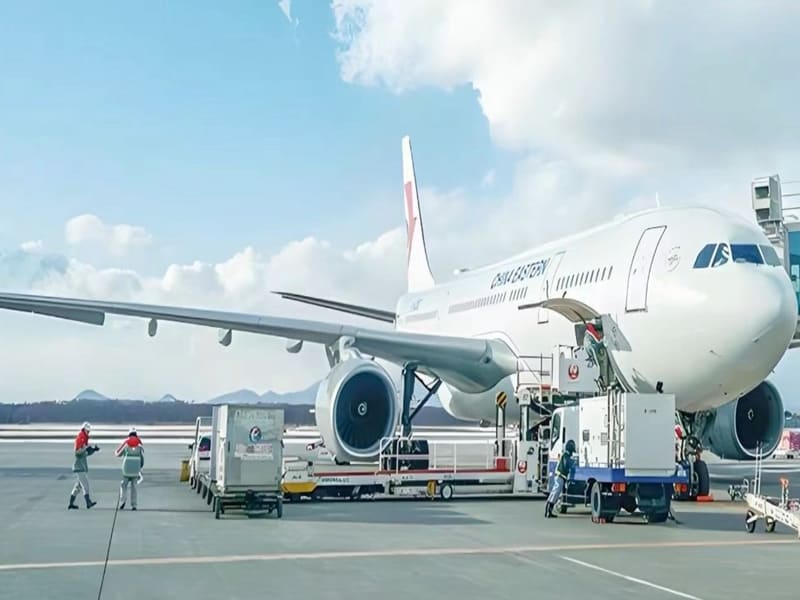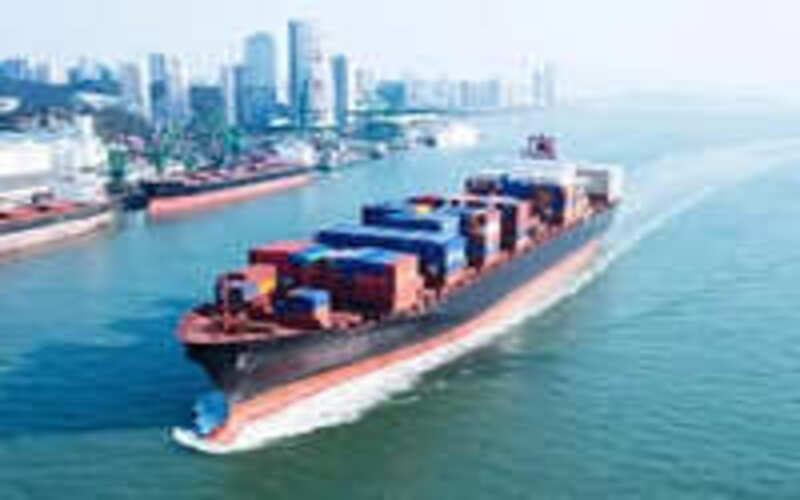Air freight forwarding is a vital component of global logistics, providing rapid and efficient cargo transportation by air. In today’s fast-paced supply chains, businesses rely on air freight for time-sensitive deliveries and to maintain competitive advantages in the marketplace. This article delves into the intricacies of air freight forwarding, explaining its processes, advantages, and the role of air freight forwarders in streamlining global trade.
Understanding Air Freight Forwarding
Air freight forwarding involves the process of coordinating the movement of goods by air from one point to another. Unlike ocean freight or road transport, which often require physical management of goods across multiple stages, air freight forwarding focuses primarily on expediting the journey via aircraft. Although freight forwarders do not handle the physical transportation of goods themselves, they manage the logistics, documentation, and communication between all relevant parties.
Role of Air Freight Forwarders
Air freight forwarders are specialized professionals who streamline the complex logistics of international air cargo. They play a crucial role in organizing and managing the shipment process, from booking cargo space to securing the best possible shipping rates. By leveraging their knowledge of air freight logistics, these professionals ensure that shipments are efficient, cost-effective, and compliant with international regulations.
Benefits of Air Freight Forwarding
- Speed: Air freight is the fastest mode of transportation, ideal for businesses requiring quick delivery.
- Security: Air cargo is subject to stringent security measures, making it a safe choice for high-value shipments.
- Reliability: Airlines have rigid schedules and dependable timelines, making air freight an extremely reliable option for time-sensitive cargo.
How Air Freight Logistics Work
The air freight process can be broken down into several critical steps, ensuring smooth and effective transportation of goods. By understanding these steps, businesses can better appreciate the advantages and challenges associated with air freight shipping.
Key Components of the Air Freight Process
| Stage | Description |
|---|---|
| Cargo Collection | The first step involves collecting the cargo from the sender’s location and preparing it for air transport. |
| Customs Documentation | Air freight forwarders assist with preparing the necessary customs documentation for international shipments. |
| Cargo Consolidation | Grouping smaller shipments together into larger containers to optimize the use of cargo space. |
| Air Transport | The actual transportation via passenger or dedicated cargo aircraft, depending on the shipment’s needs. |
| Delivery | Upon arrival, goods are cleared through customs and delivered to the destination. |
Optimizing Air Freight Rates
One of the fundamental differences between air and ocean freight is how pricing is determined. Air freight charges are typically based on the weight of the shipment rather than its volume. This is crucial for businesses to understand as it directly influences the cost-effectiveness of their shipment options.
Interestingly, smaller and lighter shipments are often cheaper to transport by air. This contrasts with ocean freight, where larger shipments typically offer a better cost-per-unit ratio. It’s essential for businesses to assess the weight and dimensions of their cargo to select the most suitable transport method.

Air Freight Forwarders: Key Players in the Market
Air freight forwarding is a competitive industry, with many companies offering specialized services to meet the diverse needs of global trade. The following companies are among the largest and most established air freight forwarders worldwide.
Top Air Freight Forwarders
| Company Name | Revenue (2015) | Market Position | Specialization |
|---|---|---|---|
| DHL Global Forwarding | $5.4 Billion | Leading position in air freight industry | Comprehensive air freight solutions worldwide |
| DB Schenker | $3.8 Billion | Major global logistics provider | Air freight, rail, and road transport services |
| Kuehne + Nagel | $3.3 Billion | Key player in both air and ocean freight | Global logistics, specializing in supply chain management |
| Panalpina | $2.5 Billion | Swiss-based global forwarder | Air freight and specialized air cargo services |
| Expeditors | $2.51 Billion | Fast-growing international forwarder | Air and ocean freight, along with customs services |
Air freight can often appear complex due to the myriad options available from different airlines, destinations, and shipping configurations. This is where air freight brokers come in, simplifying the process and helping businesses choose the most cost-effective and timely shipping methods.
Role of Air Freight Brokers
Brokers act as intermediaries between shippers and airlines, assisting businesses in selecting the best freight options based on factors like cost, speed, and available cargo space. Their expertise allows businesses to navigate the complexities of air freight, ensuring that shipments are delivered on time and within budget. Brokers also help secure the best rates and negotiate optimal terms, saving companies both time and money.
The Future of Air Freight: Technological Advancements
As global trade continues to expand, air freight is becoming more technologically advanced, offering smarter solutions for cargo management and delivery. Innovations like AI-powered logistics platforms, real-time tracking systems, and automated warehousing are revolutionizing the industry, enabling faster and more efficient shipping processes. These technological developments allow forwarders and brokers to optimize operations, reduce costs, and enhance customer satisfaction.
Key Technological Trends in Air Freight
- Automated Cargo Handling: Robotics and AI are being utilized to streamline cargo loading and unloading processes.
- Blockchain for Supply Chain Transparency: Blockchain technology helps track cargo and ensures transparency throughout the supply chain.
- Smart Packaging: Advances in packaging materials and design optimize space and protect goods during transit.
As technology continues to advance, the air freight industry is likely to see even greater efficiencies and cost reductions, further solidifying its position as the fastest and most secure mode of transportation for international shipments.
Conclusion
Air freight forwarding is an essential component of global trade, offering businesses an efficient and reliable method for transporting goods. Whether you are shipping time-sensitive materials or high-value items, understanding the intricacies of air freight logistics and working with expert air freight forwarders can significantly streamline your operations. By leveraging technological advancements and optimizing shipping choices, companies can continue to benefit from air freight as a fast, cost-effective, and secure shipping solution.



